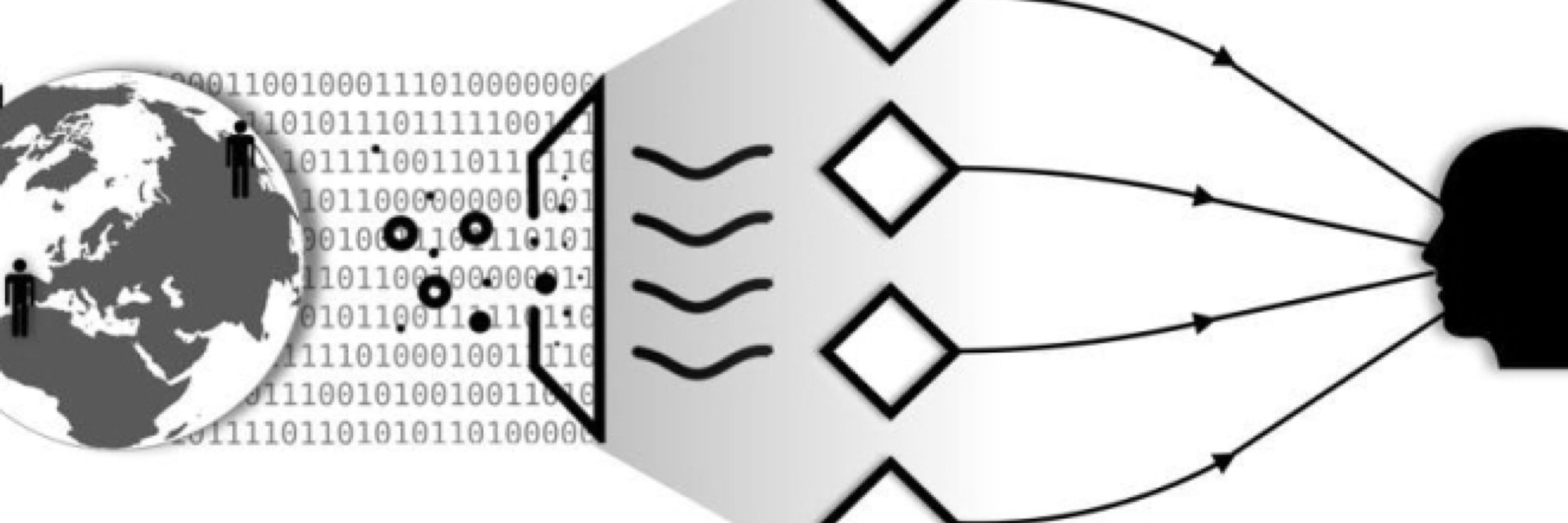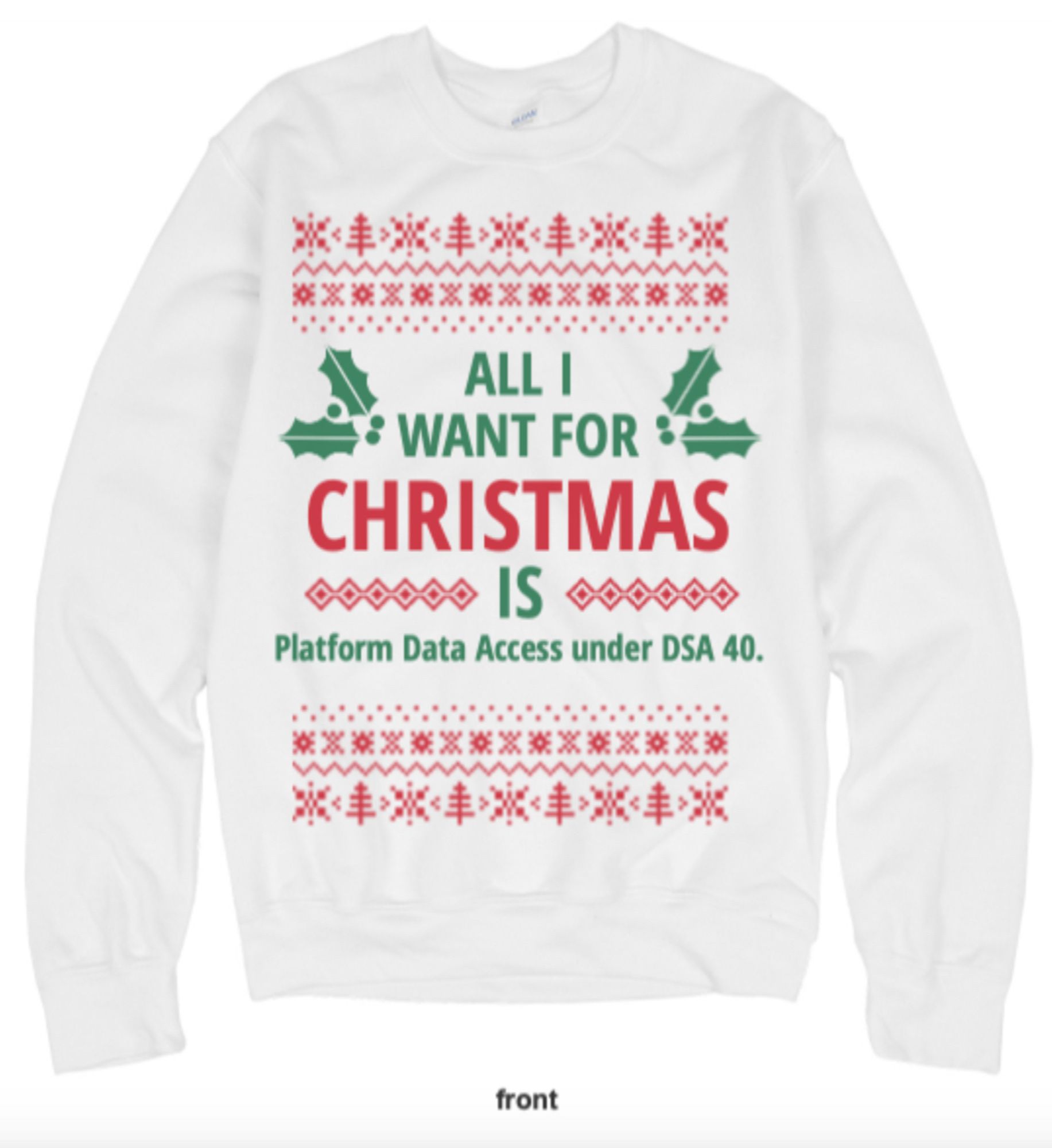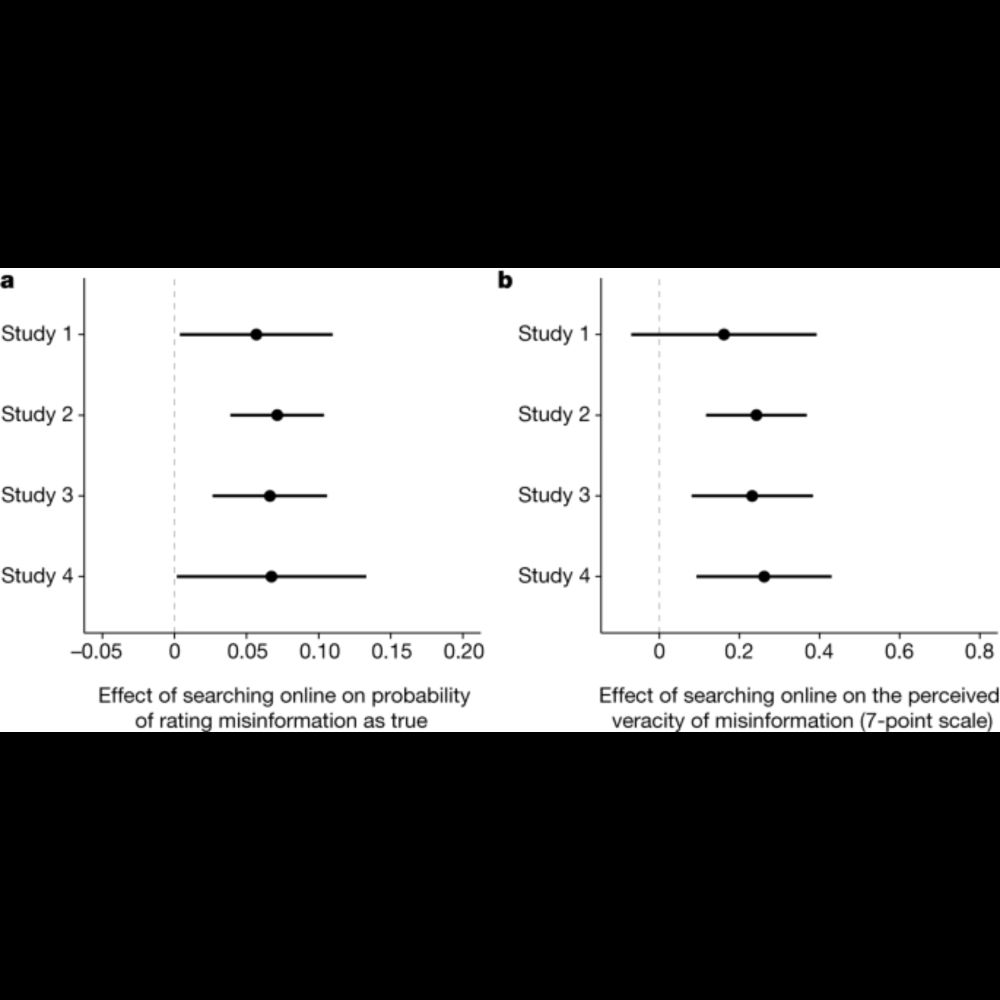
Can we wrap our heads around the fact that mis/information (of varying levels of epistemic quality) can be a symptom *and* a cause, ... (1/3)
Thanks for the question, from my own research interest it would be exposure metrics in combination with social network structures over time and information about a/b testing and algorithmic changes on the other hand (ideally all matched over users and time). Is that something that you meant?
Happy 2024 everyone, hopefully the year of the DSA and that it finally brings *some* transparency and clarity to this hugely complex machinery that the big platforms have built and how it interacts with society.
Even if it often seems so: the self-organization of digital public discourse makes its dynamics more chaotic (with algorithms as catalysts), but they are not random. The mechanisms, goals and directions they follow can be measured better than ever and understood, which is urgently needed.
Christmas came early: Huge THANK YOU to Stiftung Mercator for funding our DSA40 Collaboratory, in which we will explore data access under the #DigitalServicesAct in the next years! 🚀🎉🤶🏻🥂🚀 More about this soon! @dscheykopp.bsky.social #commsky #polisky

We seem to be caught in a cycle where people create technologies that evolve into political manipulation machines (in part due to design choices), and then get boxed in (by the manipulators) to those designs, because to even talk about addressing the issues is framed as “bias” and “censorship”.
Can searching for false news increase belief in misinformation? Yes, by approximately 20 percent, according to our new paper, out today in @natureportfolio.bsky.social. In addition, this phenomenon is concentrated among individuals for whom search engines return lower quality information. 👇🧵1/

Searching online to evaluate the truthfulness of false news articles increases the probability of believing the false news articles.
In paragraph 8 the conditions for researchers are spelled out here: eur-lex.europa.eu/legal-conten...
Good question, I don’t know for sure, but it is not an intermediary that shows other people’s content (or just indirectly)?
I personally very much hope so and it is not excluded in principle (I think), but maybe some trade-secret arguments will be put forward by platforms. Hopefully this will be clarified in the delegated acts, too.
